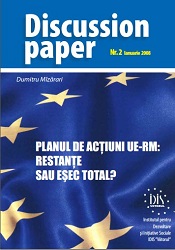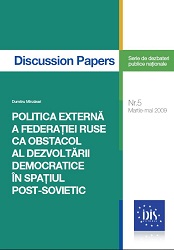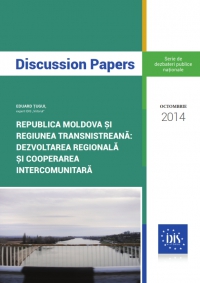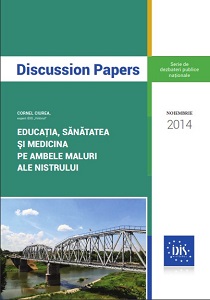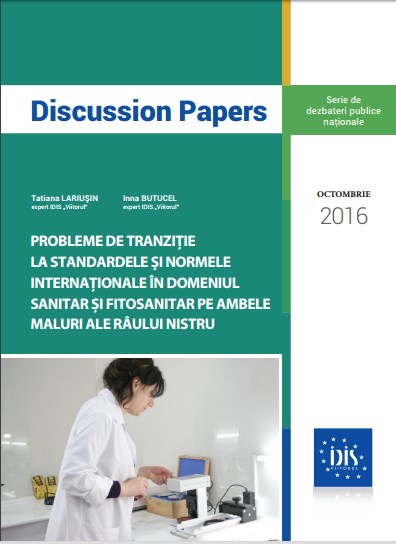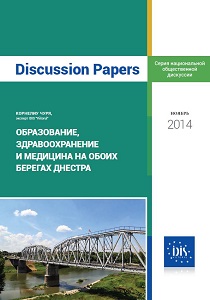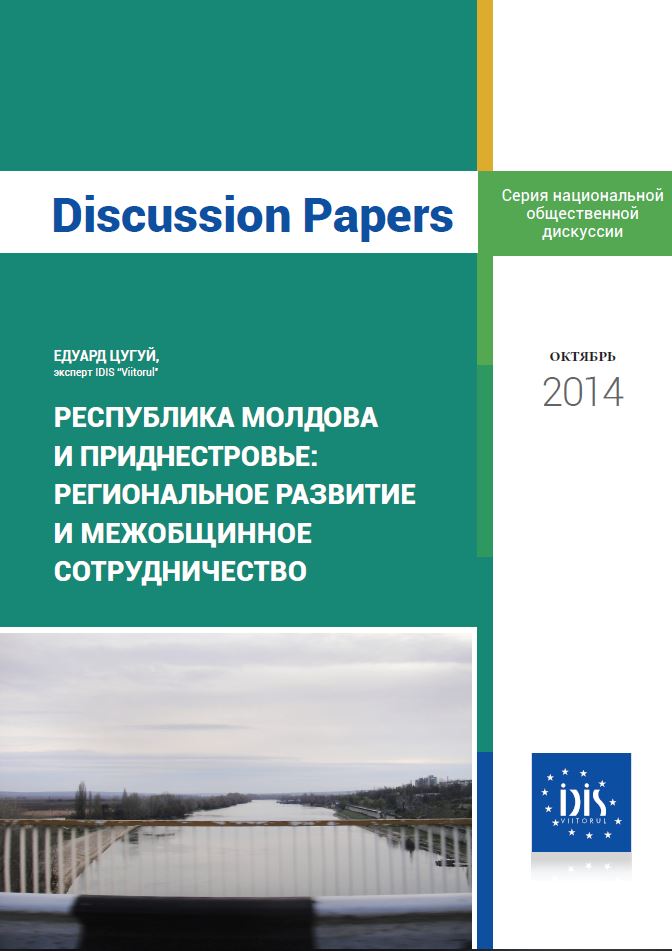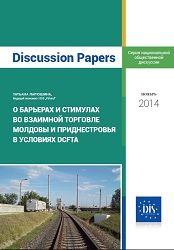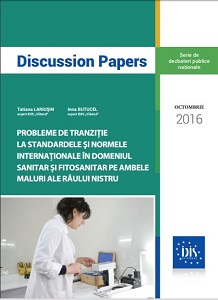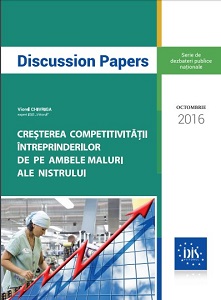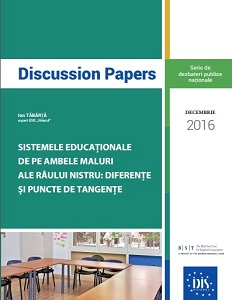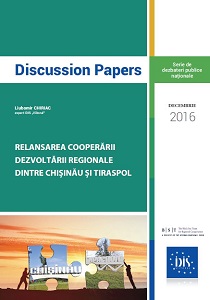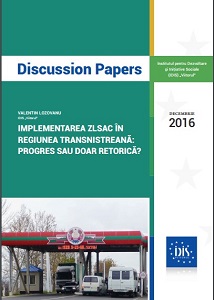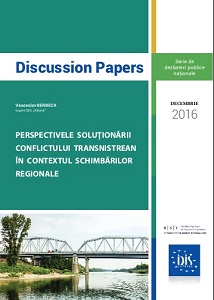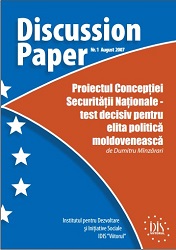
The Project of a Concept of National Security - Decisive Test for the Moldovan Political Elite
Proiectul Concepţiei Securităţii Naţionale - Test decisiv pentru Elita Politică Moldovenească
Keywords: national security; Moldova-Russia-relations;
The study addresses the subject by describing the security requirements of Moldova, established by the internal and external context. It takes the 1995 Concept of National Security, the new draft Concept and the existing model of strategic planning in the field of national security in the West as points of reference. Referring to these documents, the study offers suggestions for solving the current security problems facing the Republic of Moldova. These are summarized throughout the text in the form of recommendations, which even if they seem obvious, are still ignored in existing documents and projects, which generates critical vulnerabilities for the state. // In the study, in parallel with the traditionally accepted name in Moldova of “conception of national security”, the expression “national security strategy” or simply “security strategy” will be used interchangeably. We were led to use these terms by the experience of other states, which, depending on their history and political culture, have used one or another of the names listed above to define the main strategic reference document in the field of national security. We will also analyze the importance of the name, as well as its possible repercussions on the efficiency of the national security mechanism, based on the specifics of the political culture in our country. Presenting the subject of the debate (in order to confirm the existence of the dangers generated by the formalist attitude of the local political elites towards the national security strategy) we will initially investigate why a country would need such a document.
More...
